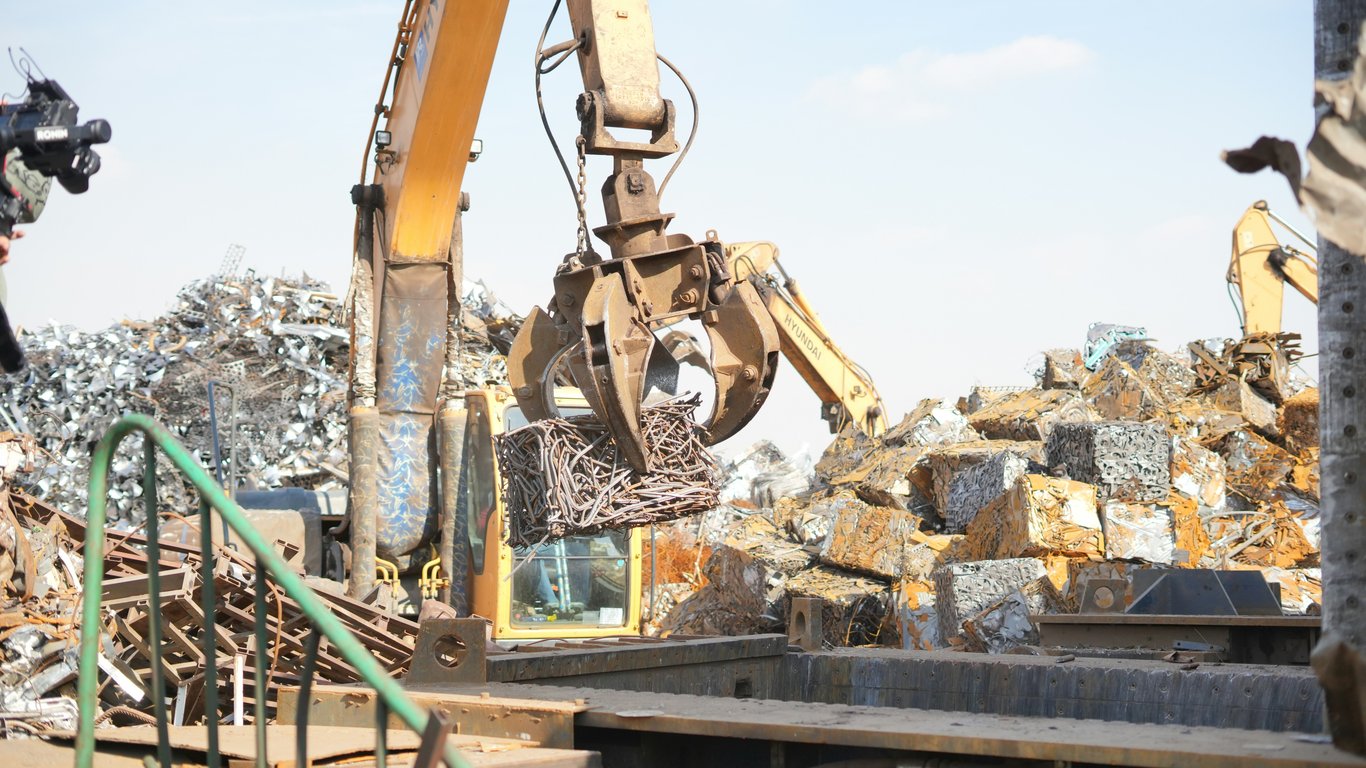Russia has acknowledged that oil reserves will last less than 30 years.


Growth of oil extraction problems in Russia
A government meeting in the State Duma of Russia revealed alarming forecasts regarding the future of oil extraction in the country. Minister of Natural Resources Alexander Kozlov reported that the proven oil reserves in the Russian Federation will be depleted in just 26 years of extraction. This indicates that the oil industry in Russia is at the brink.
The total oil reserves in the country amount to 31 billion tons. However, the profitability is only 13 billion tons, - shares Kozlov.
According to the minister, there are still 95 billion tons of 'oil resources' on the territory of Russia, but a significant portion of them is hard to access. According to calculations, in the coming years, oil extraction in the country could rapidly decrease.
Need for investments and technological sovereignty
To maintain the current level of oil extraction in Russia, it is necessary to significantly increase investments in the industry and achieve 'technological sovereignty'. The strategy involves replacing more than 1500 positions of necessary equipment, most of which are imported to our country.
Currently, over 90% of drilling equipment and analytical software for mineral extraction are imported, - notes the Ministry of Natural Resources.
This situation underscores the acute need for the development of a domestic technological base for the oil extraction industry. It poses serious challenges for Russia in ensuring energy security and efficiency in resource extraction.
Read also
- Sell copper on OLX — what is happening with scrap prices in July
- The wallet is not holding—what products have risen in price the most
- Severance Payments for Employees — What to Consider in 2025
- Harvest in Odesa Region — Farmers Gathered the First Million of the Crop
- Prices for watermelons and melons - how much to pay for one kilogram
- Bank secrecy may be disclosed — who is definitely at risk









